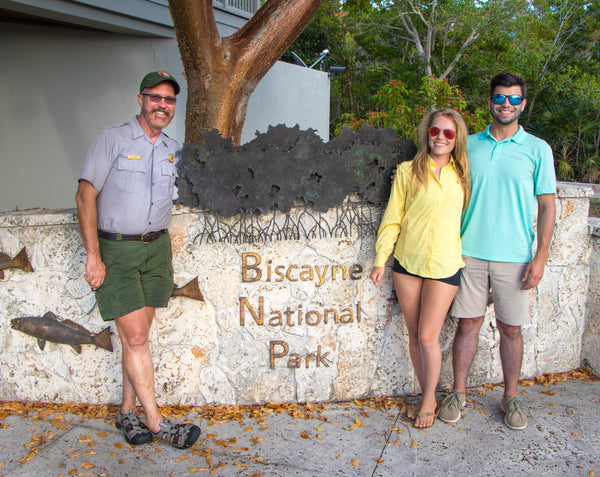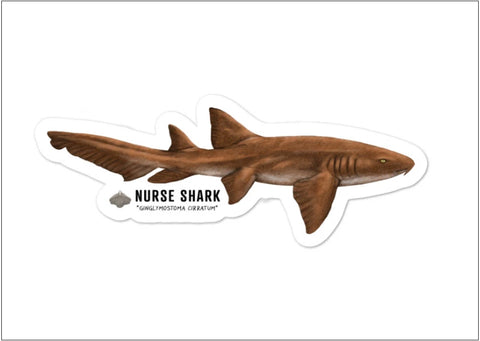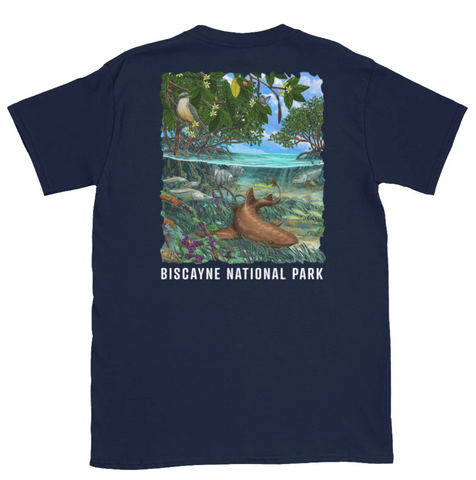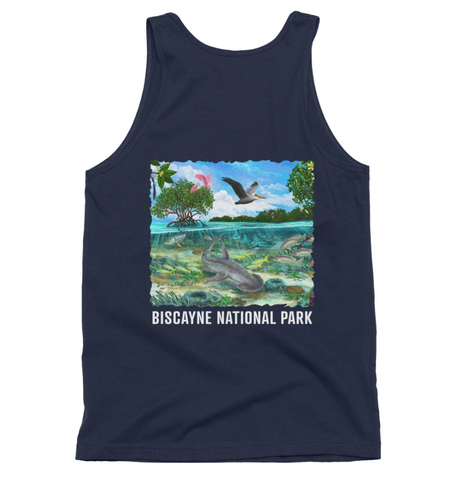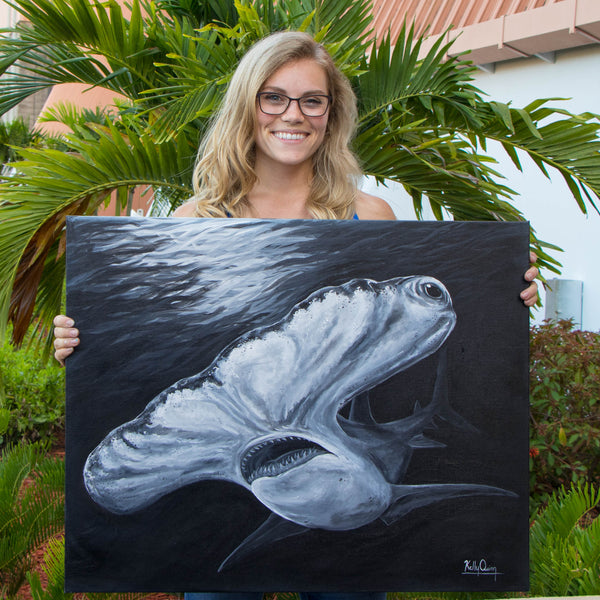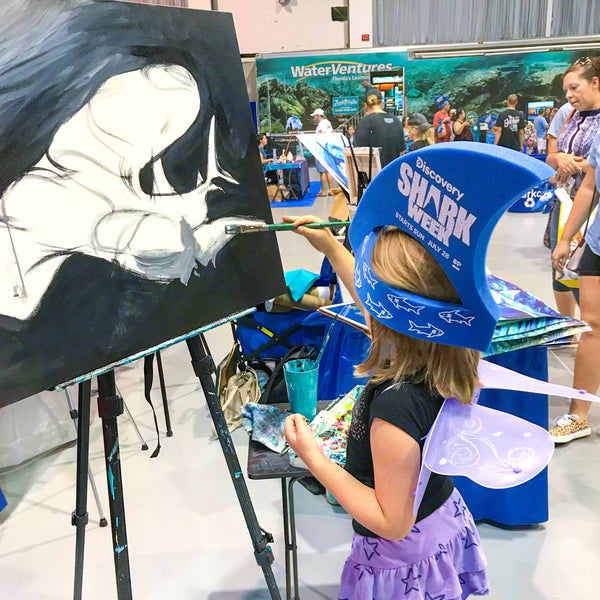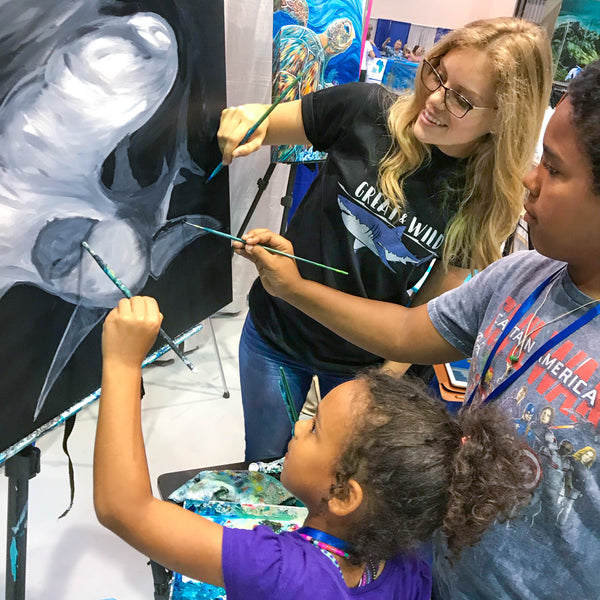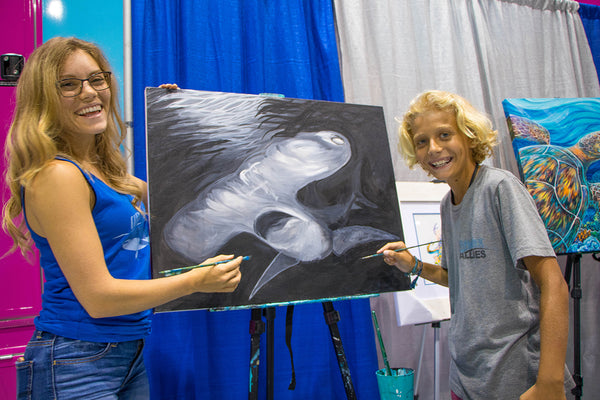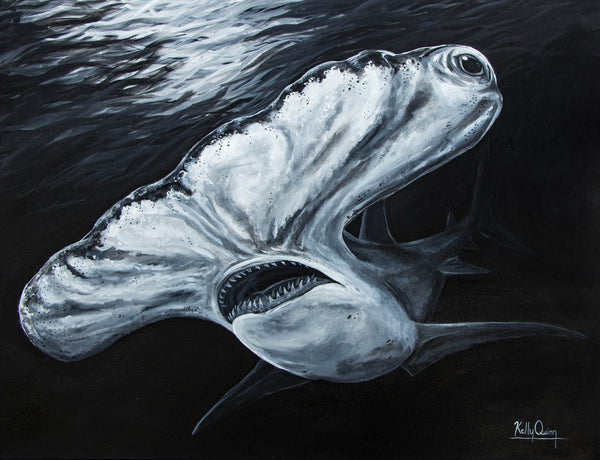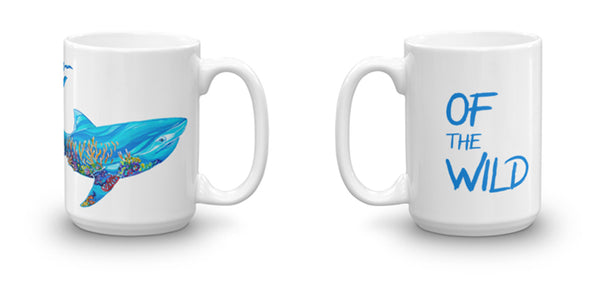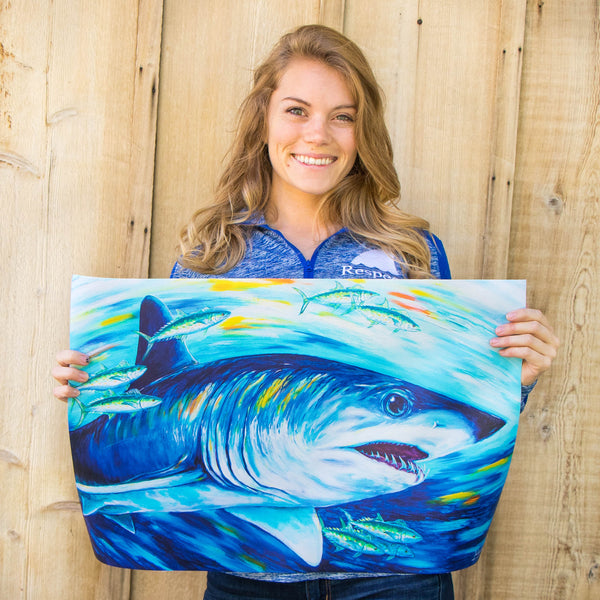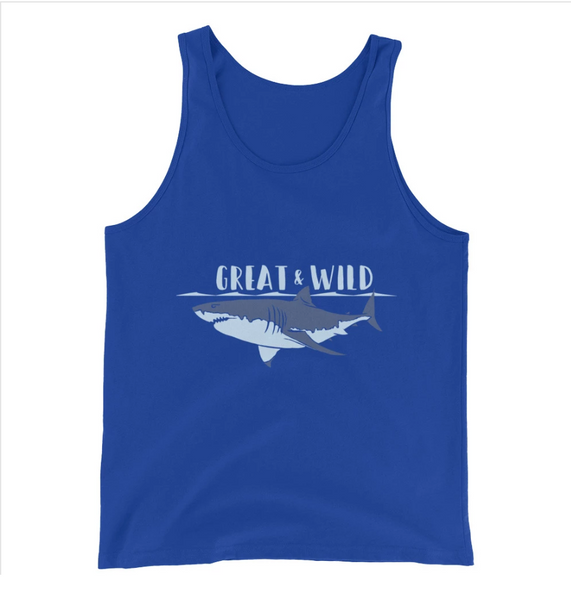How Jewelry is helping to protect Wild Africa
August Conservation Inspiration!
Staying inspired is key to fostering your passions and taking action on the things you care about. What's amazing about the conservation movement is that it's ultimately this massive group of people who share the same knowledge and understanding that we must inspire communities across the world to love and protect our shared wild heritage so the next generation may have the same opportunities we have.
Recently, I came across a few organizations thanks to Shannon Wild Jewelry that really inspired me and I can't wait to share them with you!
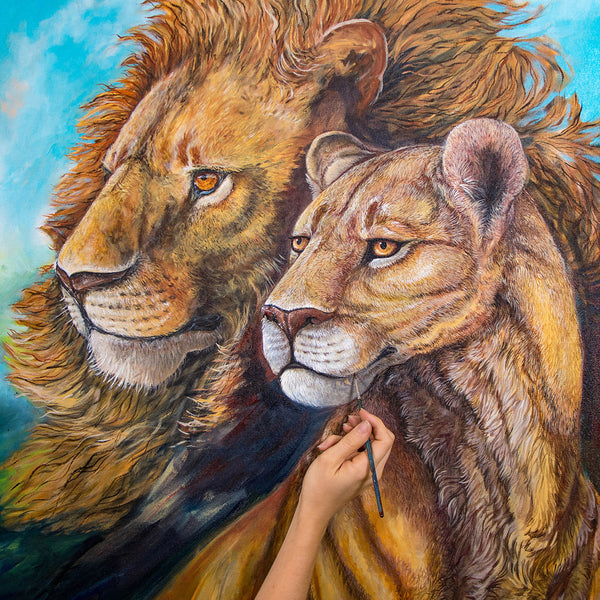 African Lions by Kelly Quinn
African Lions by Kelly Quinn
What We Will Learn:
1) How three nonprofits are paving the way to protecting wild Africa and our ocean
2) Some of the threats facing African Wildlife in 2020
3) What we can do as a community
The Wild Tomorrow Fund, Vatuvara Foundation, and Rhino Rescue Project are each focused on conservation efforts to protect wild Africa and the ocean for the next generation.
The Wild Tomorrow Fund:
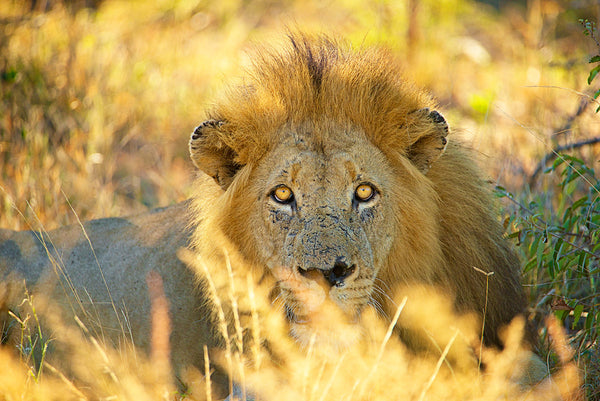 African Lion photographed by Shannon Wild
African Lion photographed by Shannon Wild
Wild Tomorrow Fund is dedicated to the protection of threatened and endangered African species and the habitats they depend on for survival.
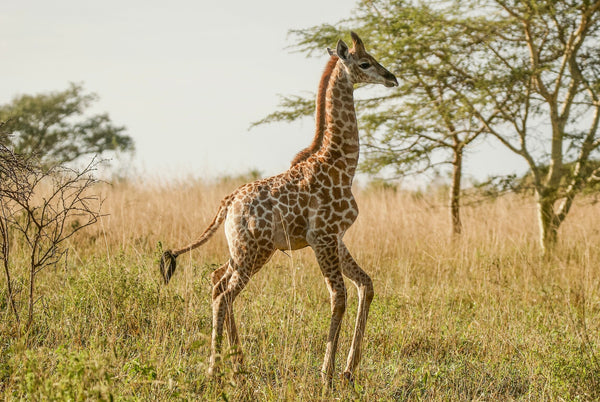 Baby Giraffe photographed by Bernadette Hafkamp
Baby Giraffe photographed by Bernadette Hafkamp
They want to ensure that the world that comes after us is a world in which a wild tomorrow is possible. They work on the ground in southern Africa with local villages and cultures to develop the vision of a world in which wildlife habitats are expanded and protected, and where existing reserves have the resources needed to keep their animals safe.
 African Lion photographed by Shannon Wild
African Lion photographed by Shannon Wild
A staggering 30% were lost between 2007 and 2014, primarily to poaching. That’s 144,000 elephants in just seven years - approximately 100 every day. However, the struggle to save elephants differs from country to country. Mozambique lost 53% of its elephant population in five years to poachers, while in South Africa the conservation challenge for elephants is habitat loss, with elephants running out of space within finite, fenced reserves. They protect the remaining Elephants by removing fences, connecting habitats, relocating families, and undertaking new research.
Vatuvara Foundation:
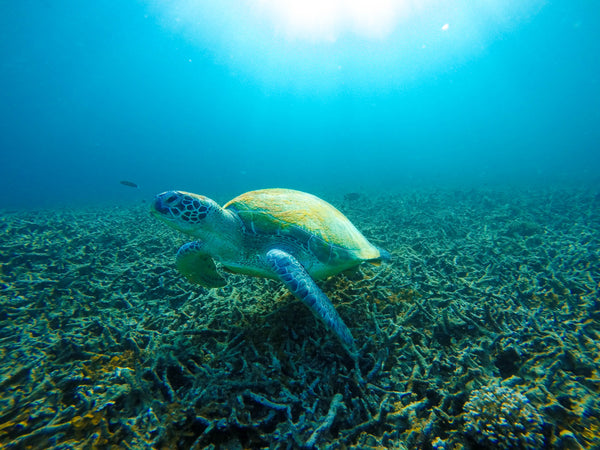 Green Sea Turtle Photographed by Kelly Quinn
Green Sea Turtle Photographed by Kelly Quinn
The Vatuvara Foundation is protecting Fiji’s ocean against devastating human impact by reviving Fiji’s ocean through a significant network of marine managed areas and safe havens for marine wildlife!
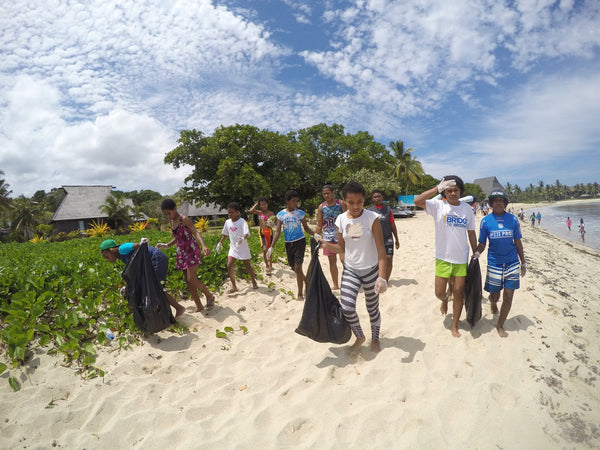 Vatuvara Foundation working with the local community
Vatuvara Foundation working with the local community
Their approach has focused on educating and engaging with locals to create a community of individual responsibility for healthy environments and living in co-existence with our natural heritage.
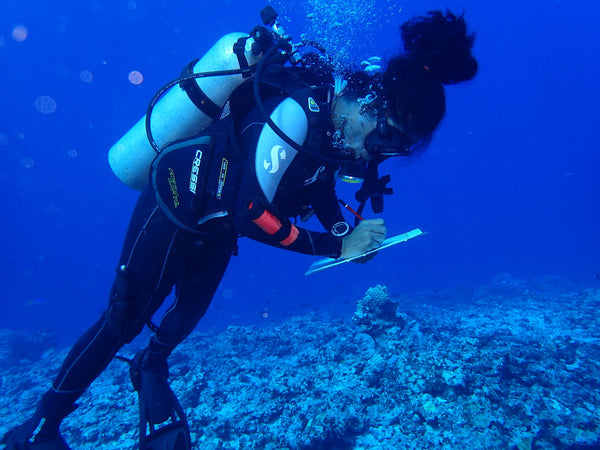 Scuba diver performing research for Vatuvara Foundation
Scuba diver performing research for Vatuvara Foundation
At the forefront of climate change impacts and tourism, the Vatuvara Private Islands is committed to preserving the environment with sustainable practices for nature-based recreation. Two of the four private islands have been certified organic to US and AUS standards to support ecological stability, and they help monitor critical coral reef habitat!
Rhino Rescue Project:
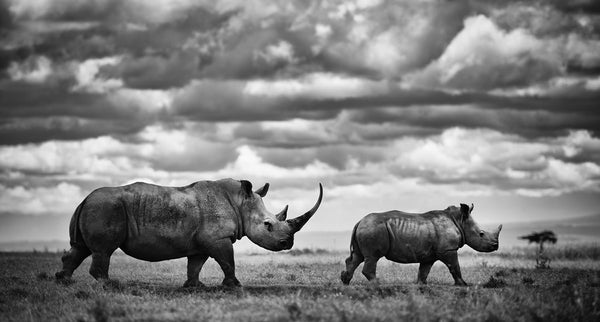 Rhino photographed by Shannon Wild
Rhino photographed by Shannon Wild
The Rhino Rescue Project has pioneered a proactive initiative to combat the scourge of rhino poaching in South Africa. The organization believes that the only way to save the rhino is to devalue their horns from the consumer perspective. Demand in Vietnam and China is growing exponentially and without effective demand reduction, there will be no way to protect the rhino population going into rapid decline in the next decade.
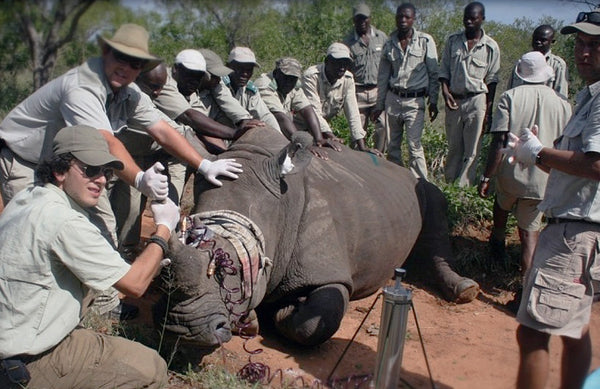 Rhino Rescue Team Performing Procedure
Rhino Rescue Team Performing Procedure
How they accomplish this is by infusing the horns of living rhinos in the wild with color and a chemical that cause the horn to change hues and texture while not harming the animal. This change in the horn effectively devalues the ivory to the market, saving the animals from potential poaching operations.
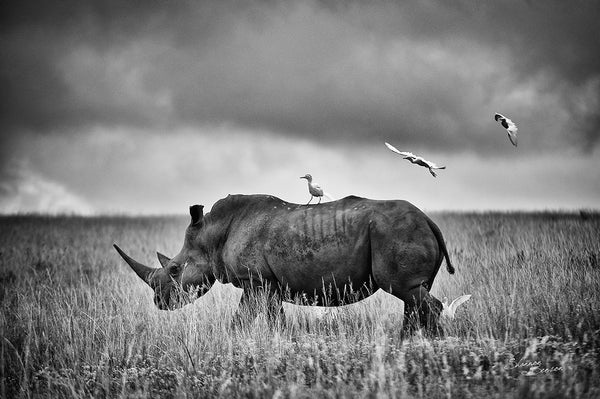 Rhino photographed by Shannon Wild
Rhino photographed by Shannon Wild
With more than 7,500 rhinos lost to poaching in South Africa since 2010, few could argue that time is running out for us to bring an iconic African species back from the brink of extinction.
Threats Facing African Wildlife:
Elephants:
Elephants are at the forefront of the poaching trade. in the last decade, there has been a steady escalation in poaching, or illegal killing, for the commercial trade in ivory and meat predominately for export to China. Wild elephants also face extinction due to increased loss and fragmentation of natural habitats and a lack of land-use planning, causing rising conflict with humans over diminishing resources.
Rhinos:
Elephants are not the only victims of a growing international industry of legal—and illegal—wildlife goods. The African rhino has been pushed close to extinction in humans’ quest for their horn, which is believed to cure ailments from cancer to hangovers in China, Hong Kong, Vietnam, and other Asian countries. Only three northern white rhino individuals survive in a semi-wild setting at Ol Pejeta Conservancy while the critically endangered black rhino recovers from the loss of nearly 90 percent of the species in the 1970s and 1980s.
Sea Turtles:
While protected in Florida, Sea Turtles don't receive the same reverence in other parts of the world; suffering from poaching and over-exploitation. They are often harvested for their eggs, meat, skin, and shells for food and decoration. They also face an uncertain future with habitat destruction and accidental capture—known as bycatch—in fishing gear.
How We Can Help:
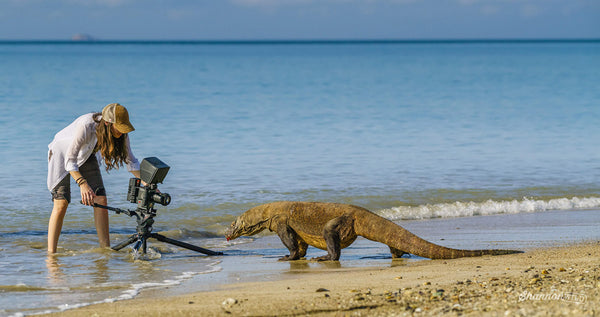 Photographer Shannon Wild
Photographer Shannon Wild
National Geographic photographer Shannon Wild, founded a sustainable jewelry brand called Wild in Africa, which supports each of these foundations through the sales of specific bracelets.
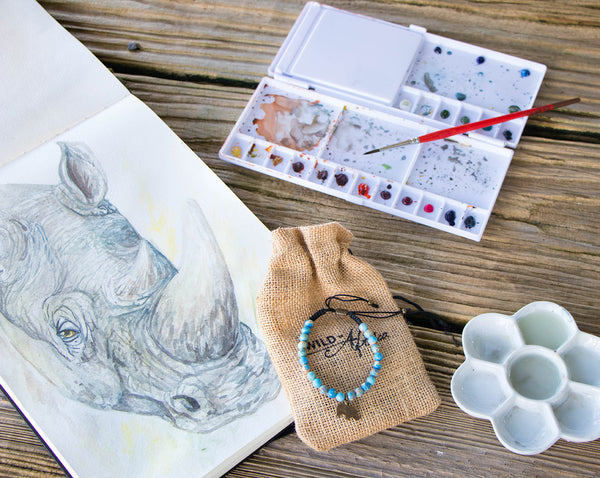 Rhino Rescue Bracelet with Artwork by Kelly Quinn
Rhino Rescue Bracelet with Artwork by Kelly Quinn
The profits are donated back to protecting African wildlife every-time a natural bracelet finds a new home! You can explore some of my favorites at the links below! View all the beautiful bracelets at Wild in Africa!
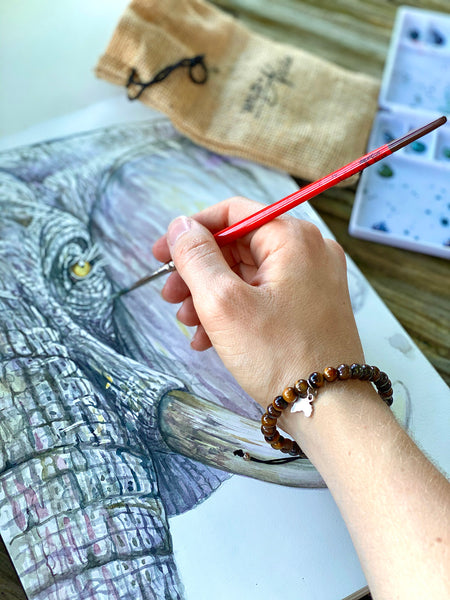
Wild Tomorrow Fun Bracelet with Artwork by Kelly Quinn
Other ways you can protect African wildlife is through eco-tourism, or sharing educational info with your friends and family about the plight of these iconic animals! I hope you enjoyed this trip to Africa and found inspiration from these passionate organizations and people working to protect our wild heritage for the next generation!
Stay wild, friends!
Cheers,
Kelly

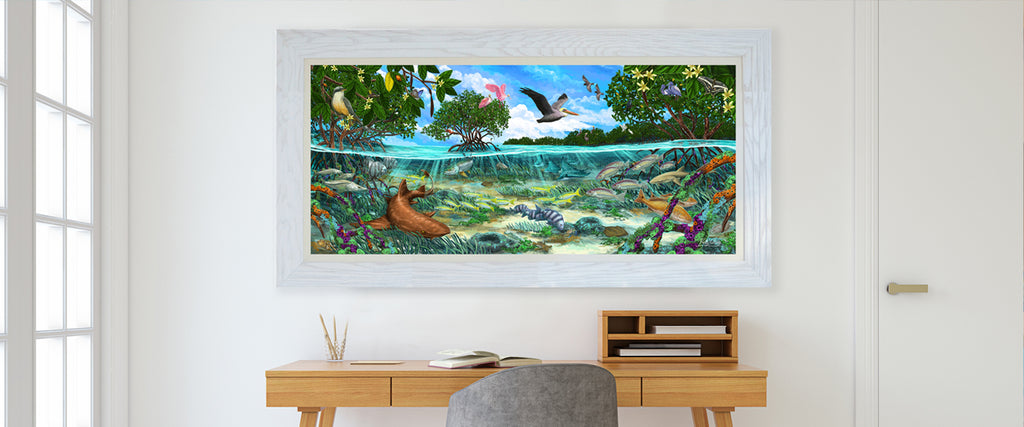
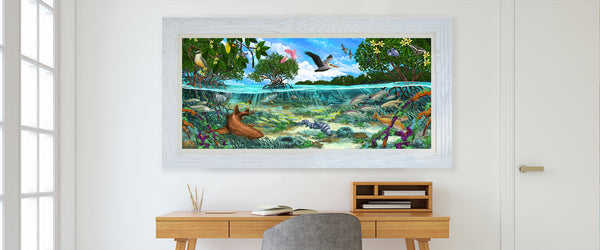
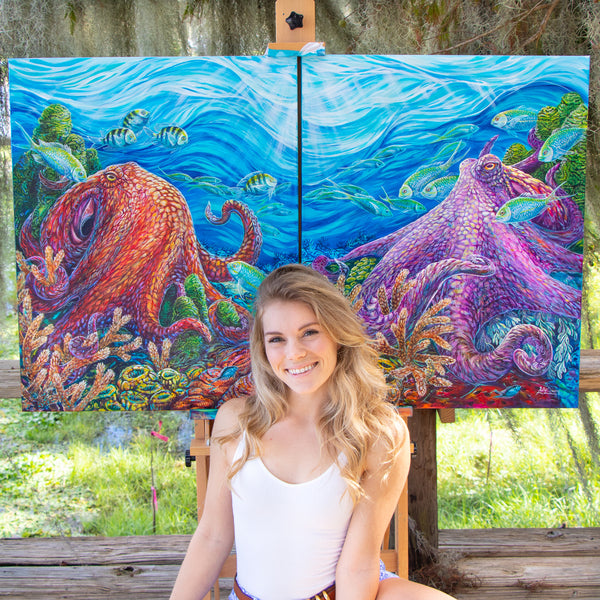 King of the Castle and Queen of Hearts, 24"x30" Acrylic on canvas
King of the Castle and Queen of Hearts, 24"x30" Acrylic on canvas 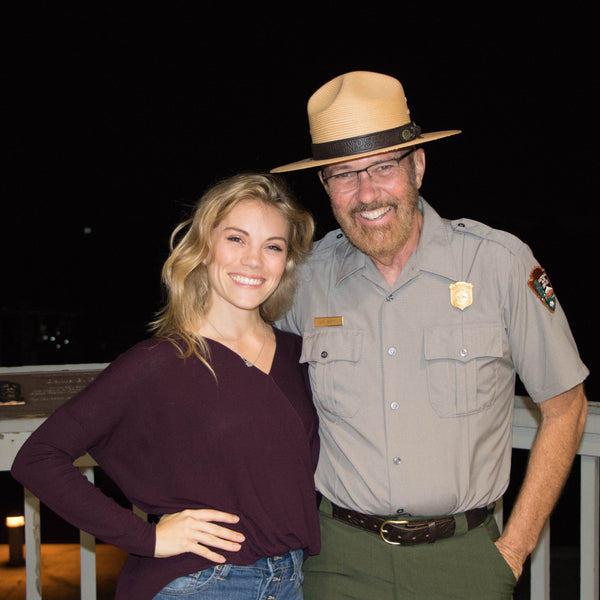 Gary Bremmen and Kelly Quinn at Biscayne National Park
Gary Bremmen and Kelly Quinn at Biscayne National Park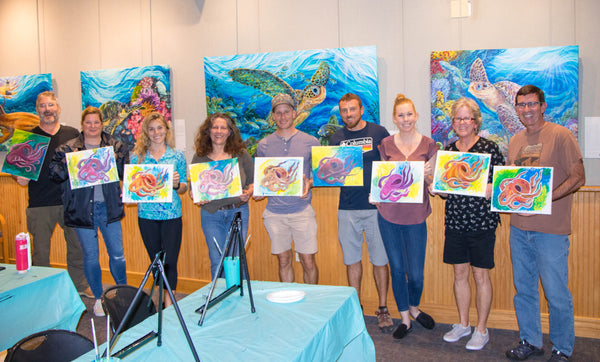 Paint for the Wild art class at Biscayne National Park
Paint for the Wild art class at Biscayne National Park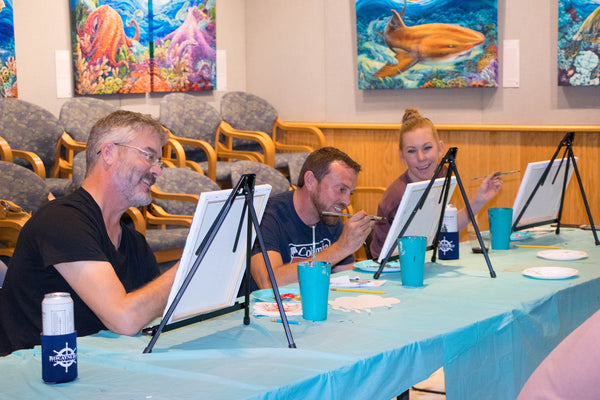 Paint for the Wild art class at Biscayne National Park
Paint for the Wild art class at Biscayne National Park Biscayne Bay Brewing Co. sponsoring brews at art class in Biscayne National Park
Biscayne Bay Brewing Co. sponsoring brews at art class in Biscayne National Park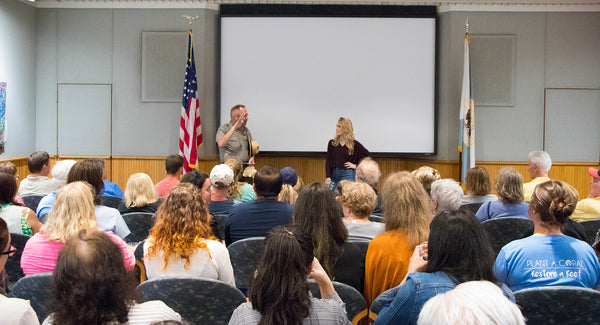 Speaking to guests at "Immersion" reception in Biscayne National Park
Speaking to guests at "Immersion" reception in Biscayne National Park 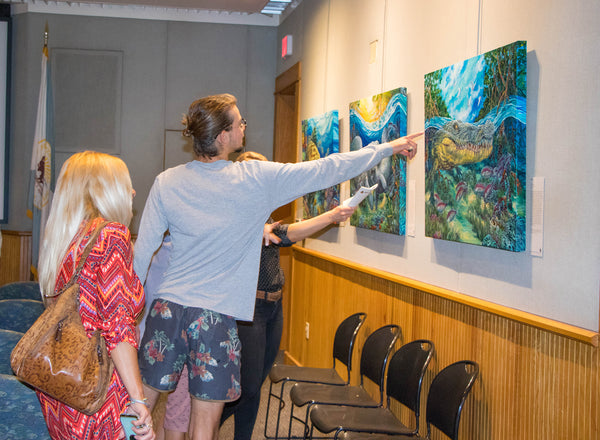 G
G Shark Allies at "Immersion" art reception in Biscayne National Park
Shark Allies at "Immersion" art reception in Biscayne National Park
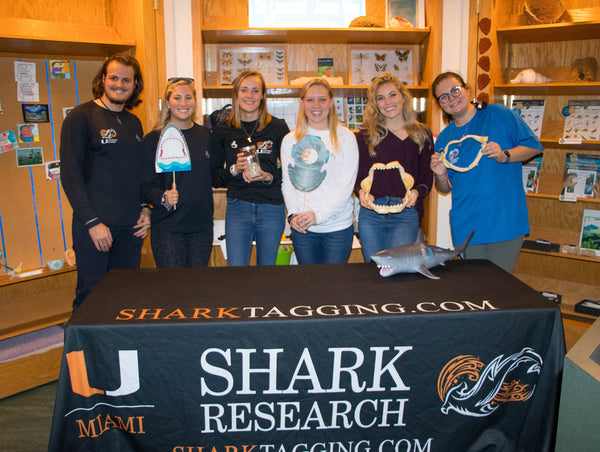 Shark Tagging Miami at "Immersion" art reception in Biscayne National Park
Shark Tagging Miami at "Immersion" art reception in Biscayne National Park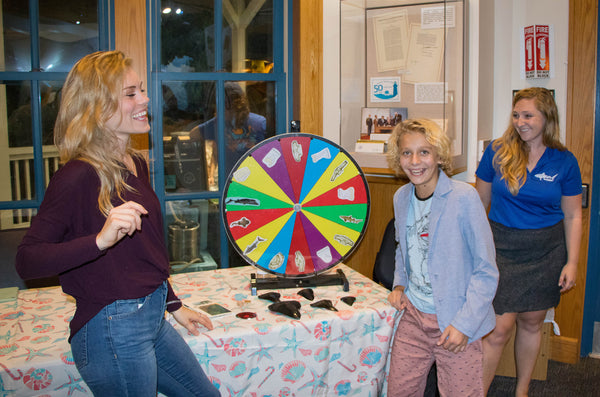 Shark Education at "Immersion" art reception in Biscayne National Park
Shark Education at "Immersion" art reception in Biscayne National Park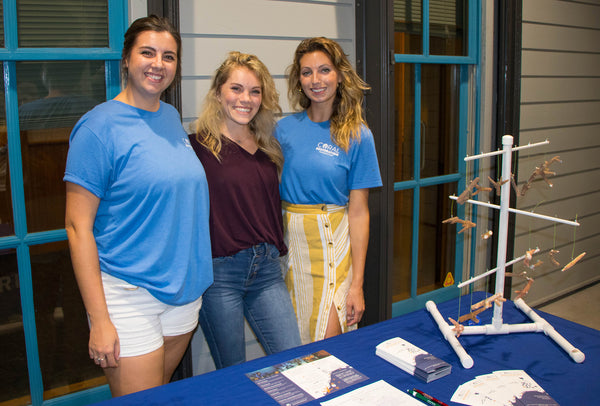 Coral Restoration Foundation at "Immersion" reception in Biscayne National Park
Coral Restoration Foundation at "Immersion" reception in Biscayne National Park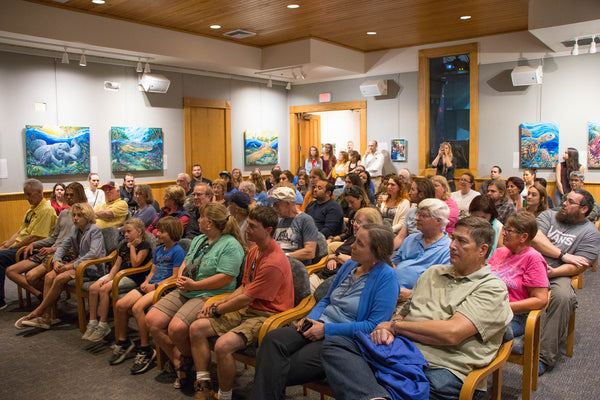 Guests
Guests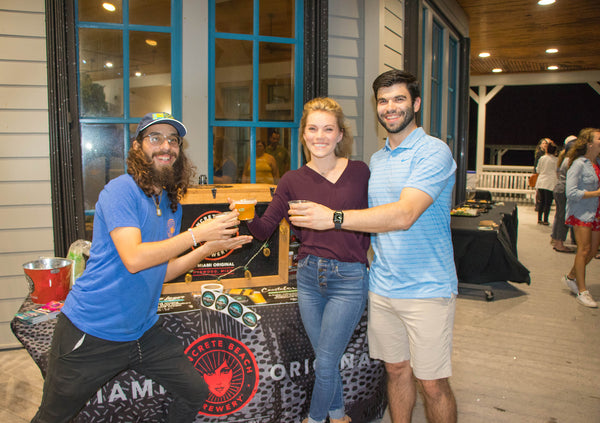 Concrete Beach Brewer Cris
Concrete Beach Brewer Cris
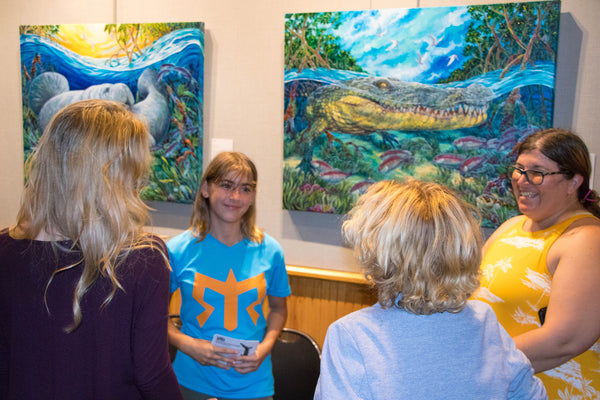 Connecting with young artists
Connecting with young artists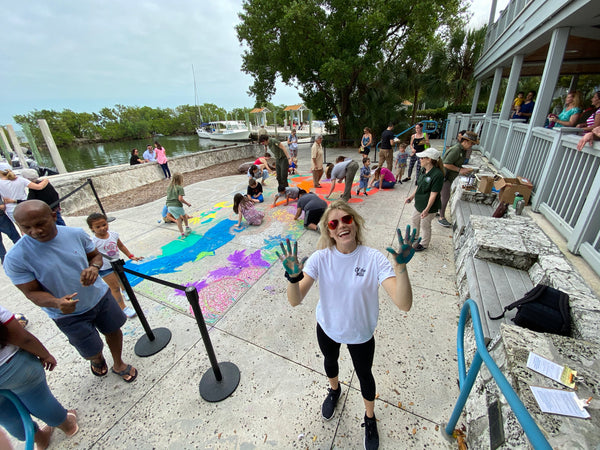 Family Funfest Community Mural at Biscayne National Park
Family Funfest Community Mural at Biscayne National Park
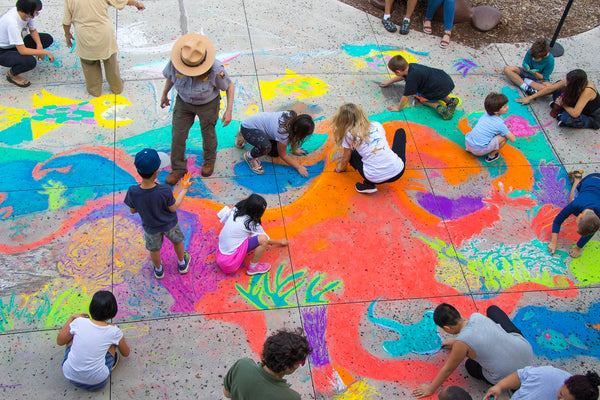 Family Funfest Community Mural at Biscayne National Park
Family Funfest Community Mural at Biscayne National Park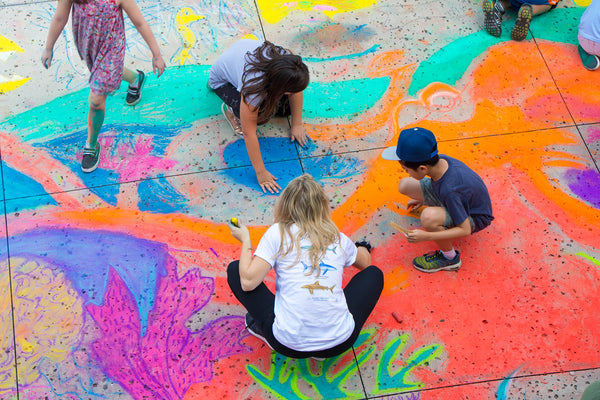 Family Funfest Community Mural at Biscayne National Park
Family Funfest Community Mural at Biscayne National Park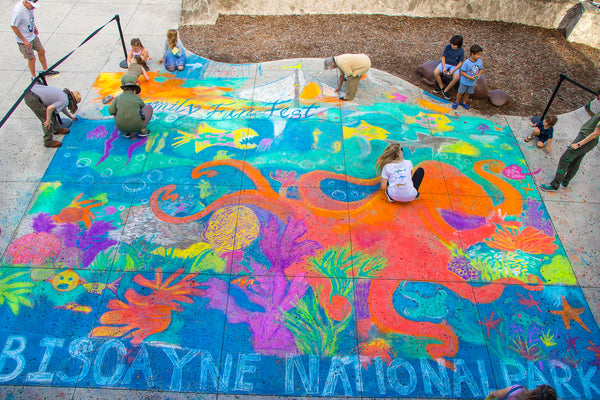 Family Funfest Community Mural at Biscayne National Park
Family Funfest Community Mural at Biscayne National Park
 Family Funfest Community Mural at Biscayne National Park
Family Funfest Community Mural at Biscayne National Park
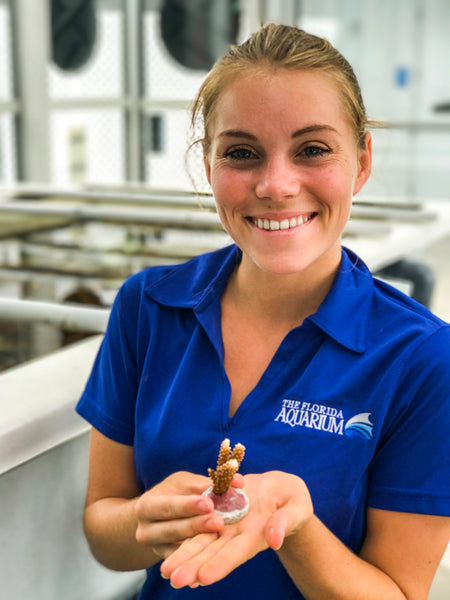

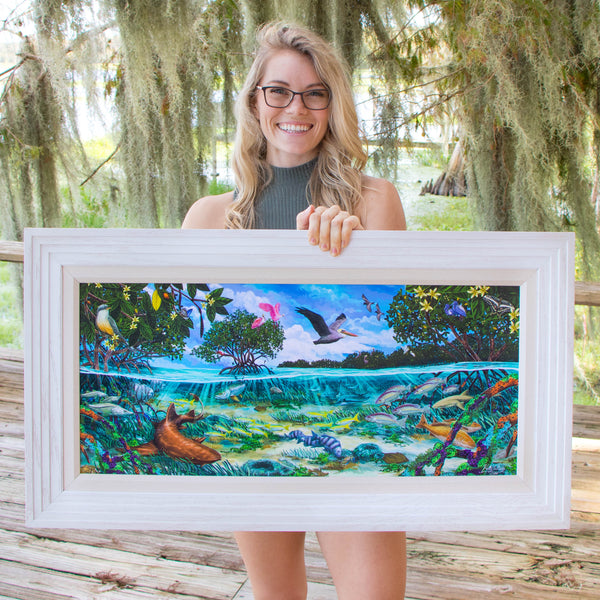
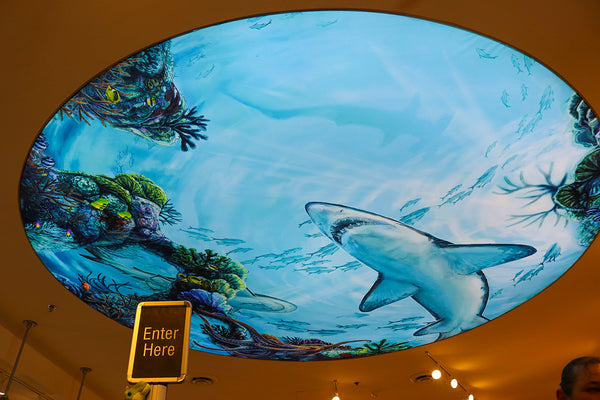
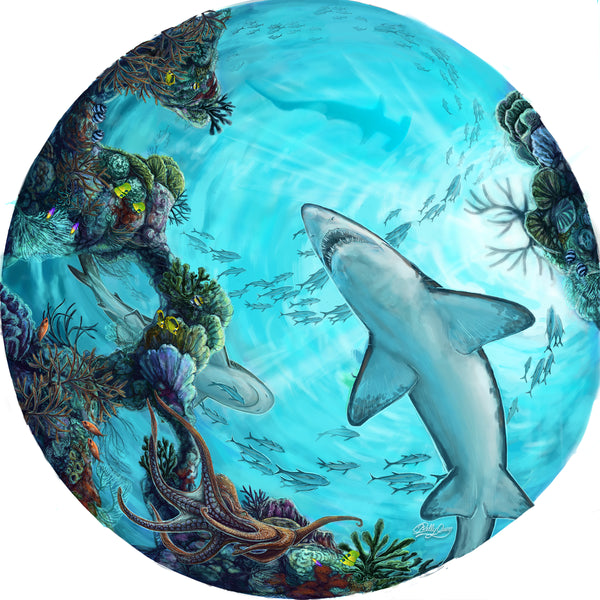
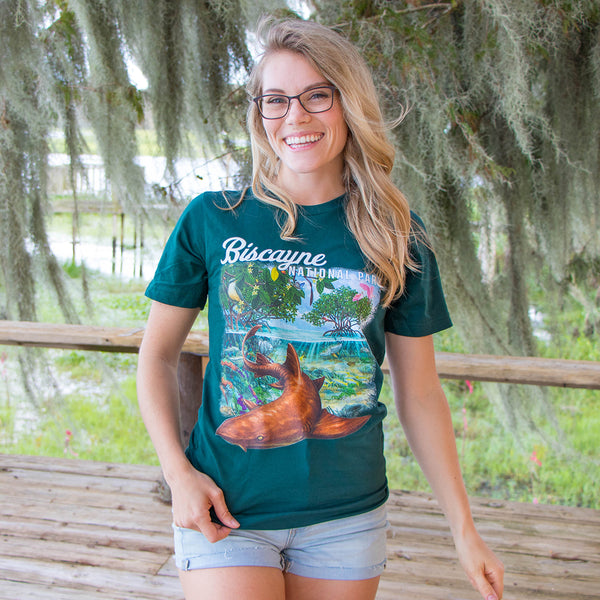
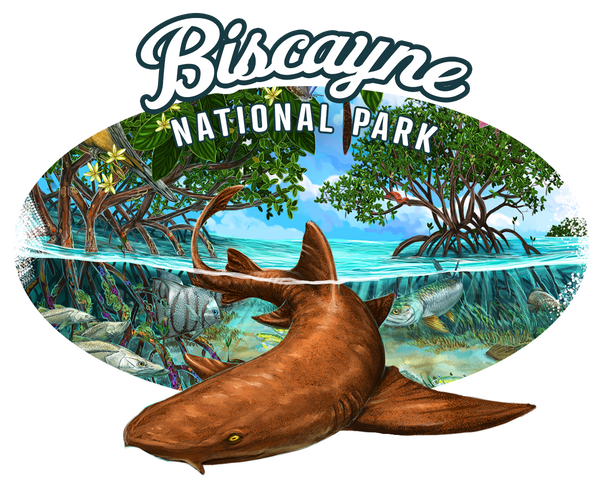 Biscayne National Park Design
Biscayne National Park Design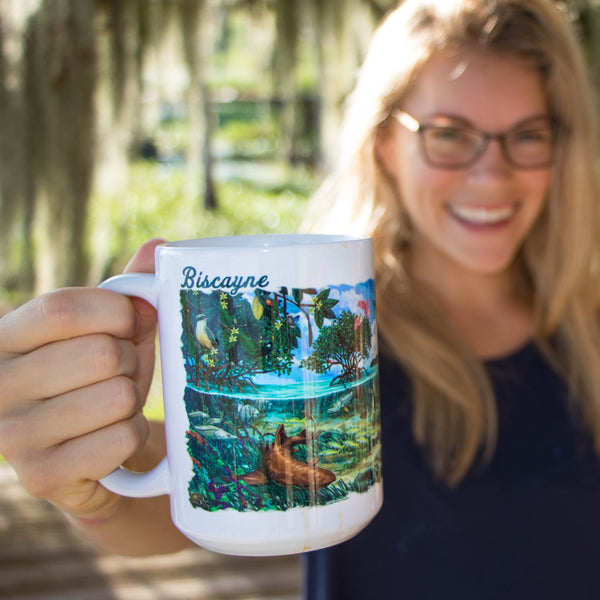
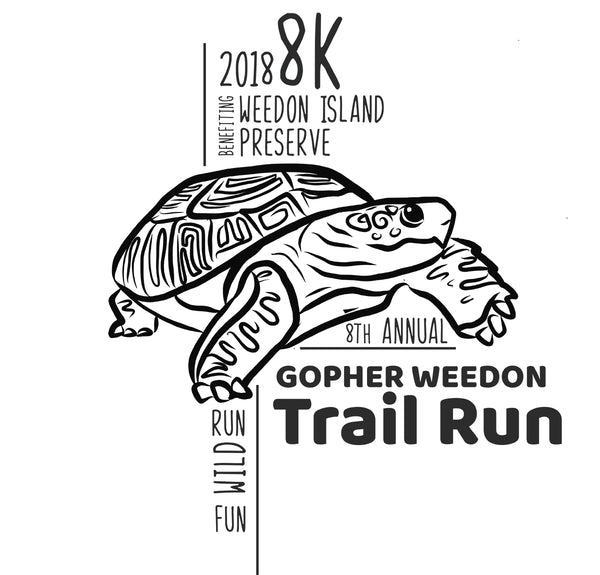
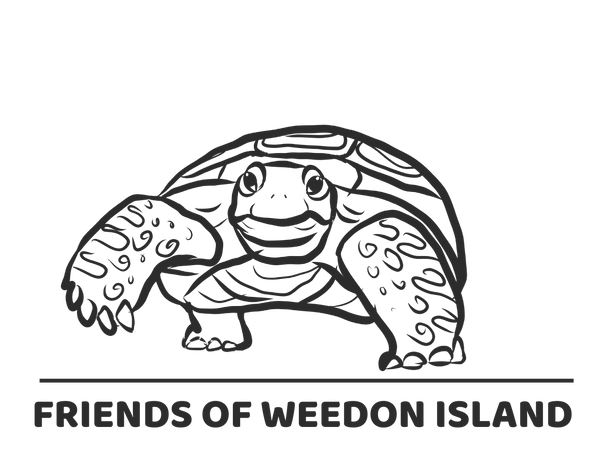 Weedon Island Trail Run 8K Design
Weedon Island Trail Run 8K Design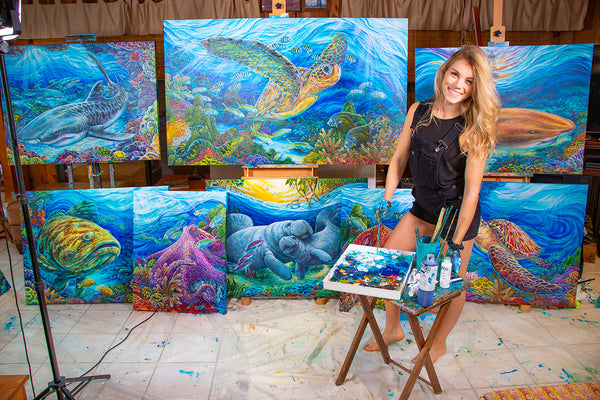
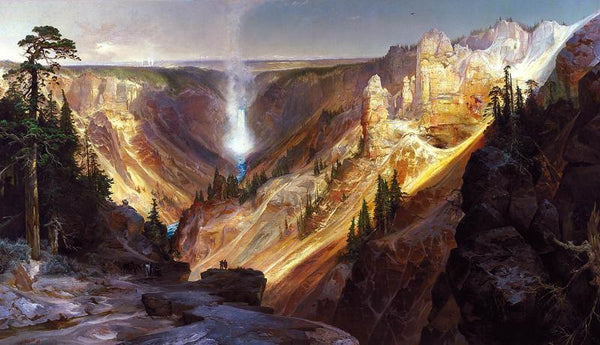
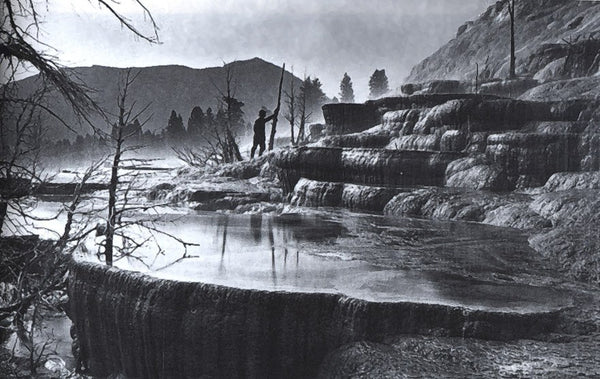

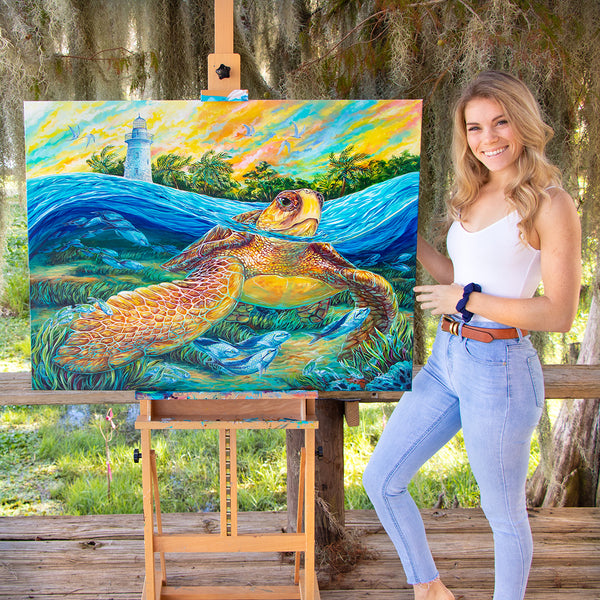

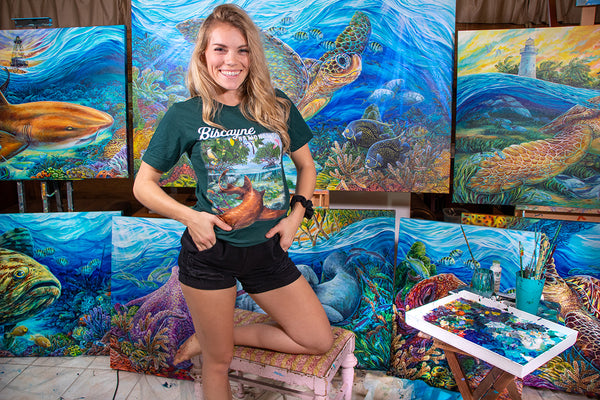
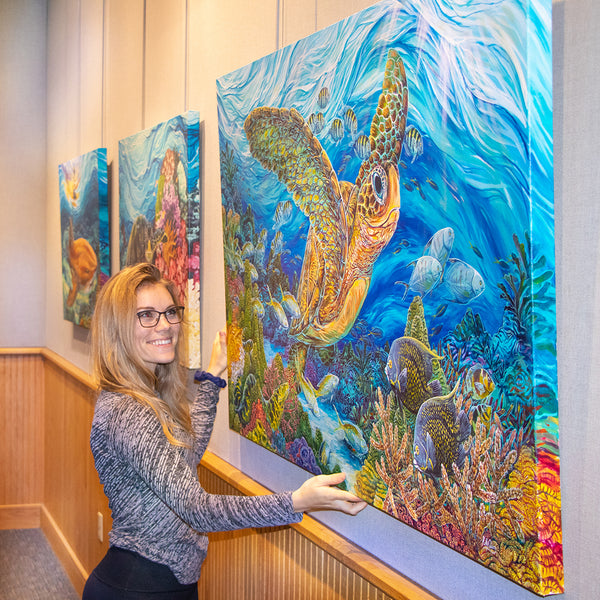
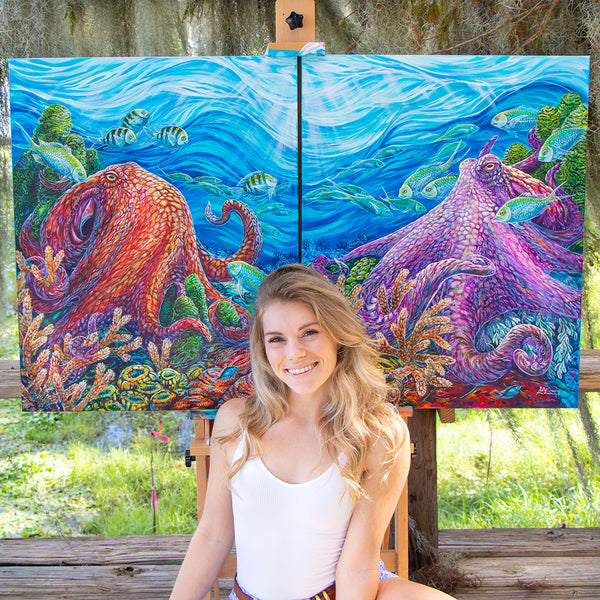
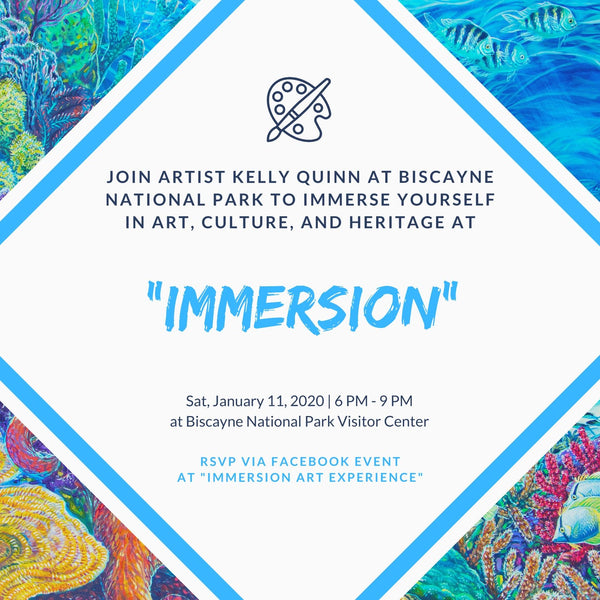
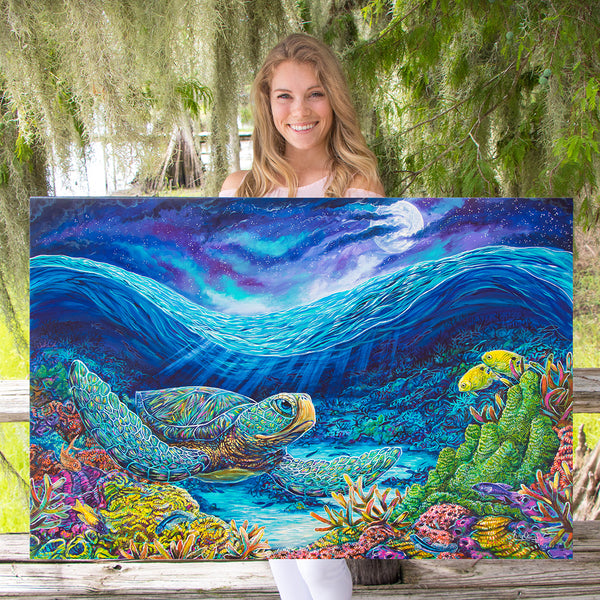 "Pisces", Orignal Acrylic on Canvas, 24"x36" created by Kelly Quinn
"Pisces", Orignal Acrylic on Canvas, 24"x36" created by Kelly Quinn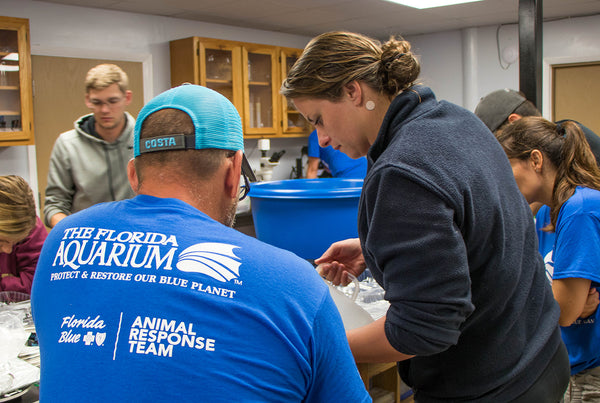 The Florida Aquarium team at the Keys Marine Lab
The Florida Aquarium team at the Keys Marine Lab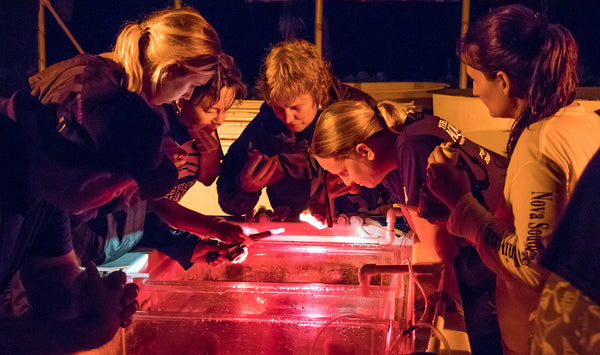 Keys Marine Lab staff and biologist Keri O'Neil inspecting lab Pillar Coral
Keys Marine Lab staff and biologist Keri O'Neil inspecting lab Pillar Coral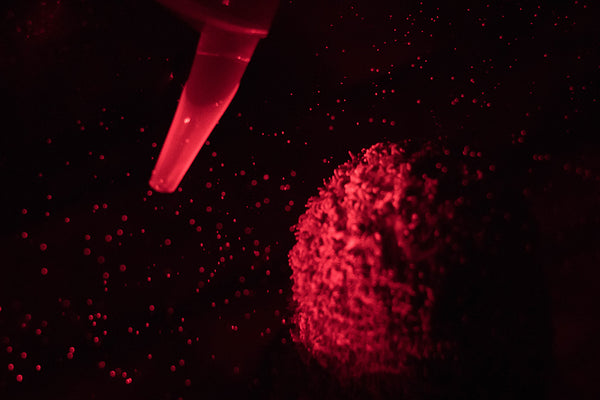 Coral Spawning being collected at Keys Marine Lab *Under Permit
Coral Spawning being collected at Keys Marine Lab *Under Permit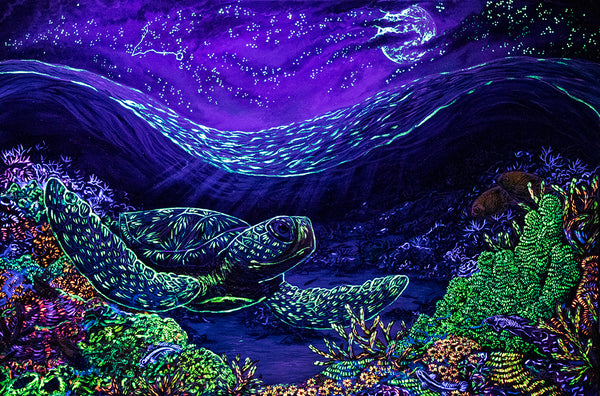 "Pisces" Original Acrylic on Canvas, 24"x36" Fluorescing phase
"Pisces" Original Acrylic on Canvas, 24"x36" Fluorescing phase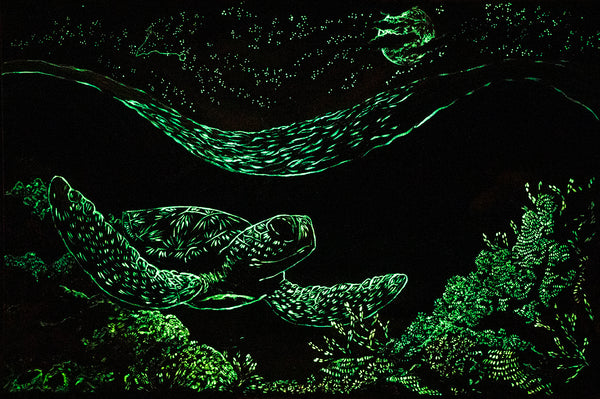 "Pisces" Original Acrylic on Canvas, 24"x36" Glowing phase
"Pisces" Original Acrylic on Canvas, 24"x36" Glowing phase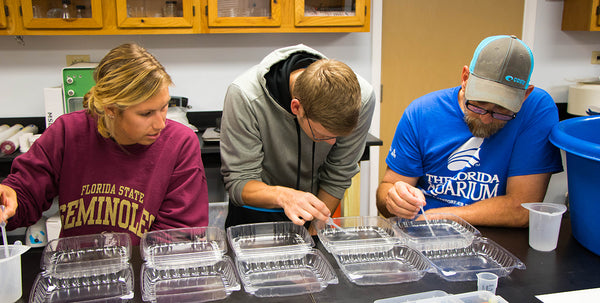 Scott Graves with The Florida Aquarium and fellow scientists at Keys Marine Lab
Scott Graves with The Florida Aquarium and fellow scientists at Keys Marine Lab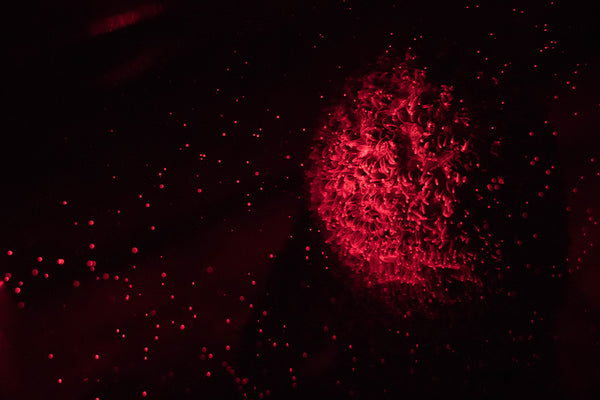 Atlantic Pillar Coral Spawning at Keys Marine Lab
Atlantic Pillar Coral Spawning at Keys Marine Lab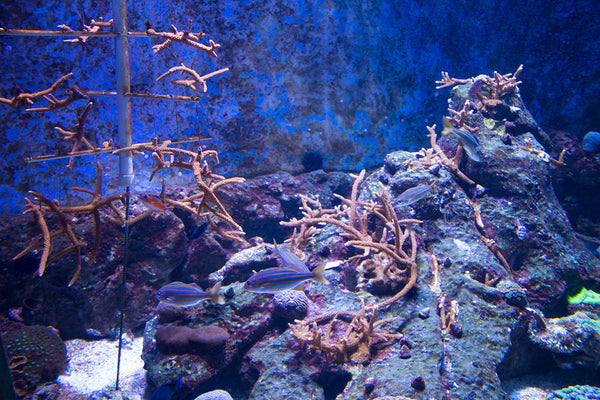 Endangered Staghorn Coral grown at The Florida Aquarium
Endangered Staghorn Coral grown at The Florida Aquarium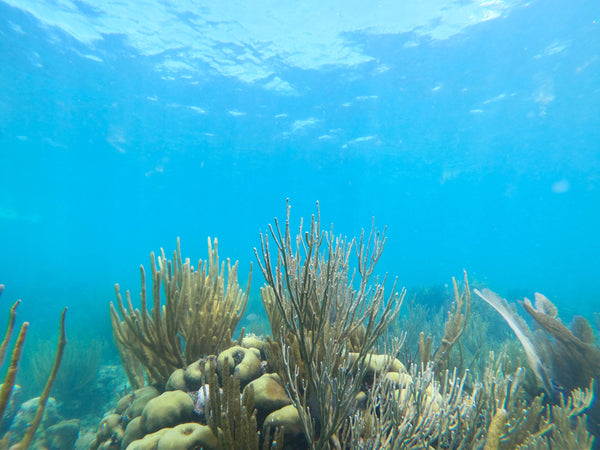 Florida Keys Coral Reef in Biscayne National Park
Florida Keys Coral Reef in Biscayne National Park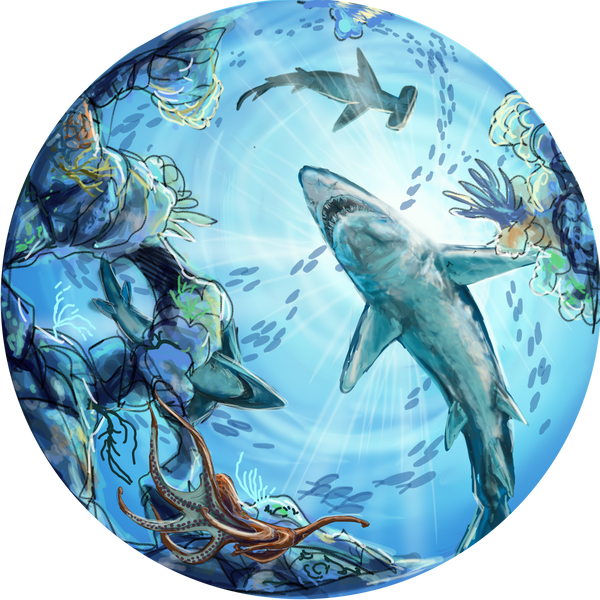
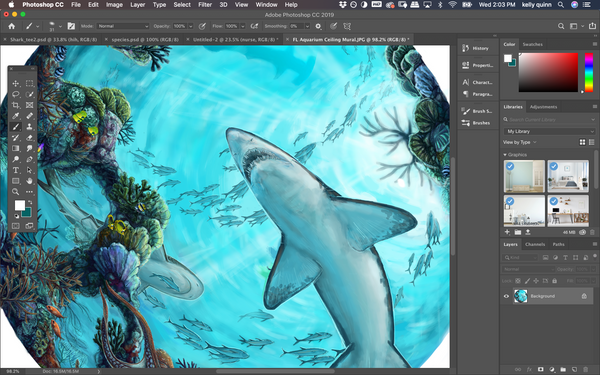
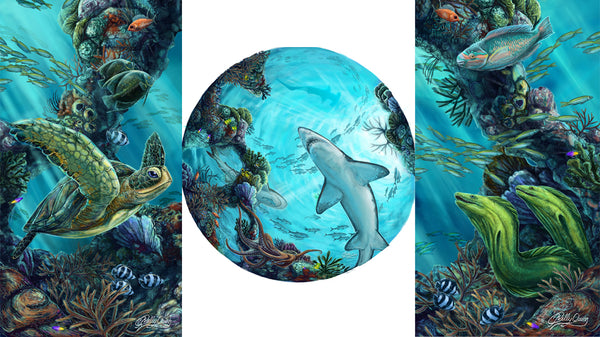
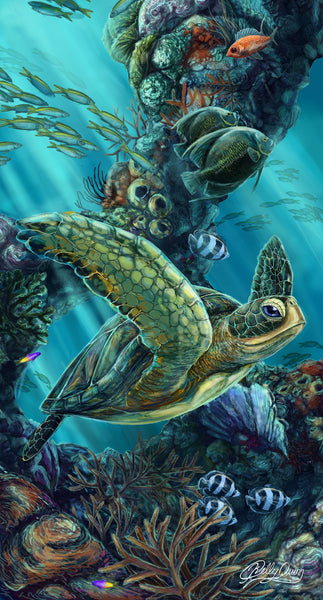
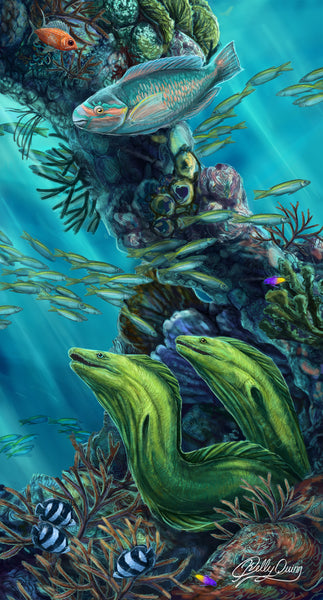
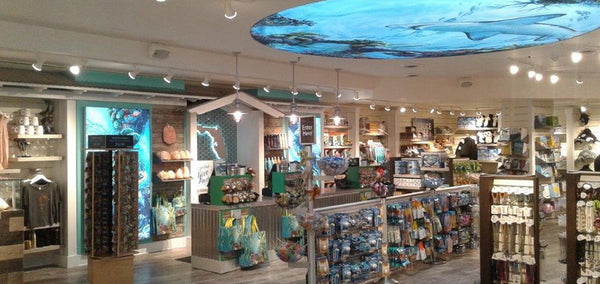
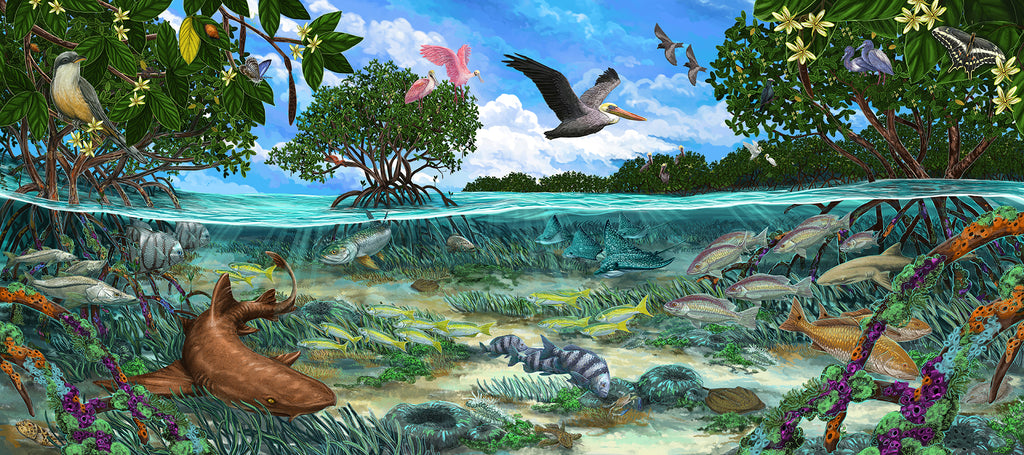 Biscayne National Park Jones Lagoon, Digital artwork by Kelly Quinn
Biscayne National Park Jones Lagoon, Digital artwork by Kelly Quinn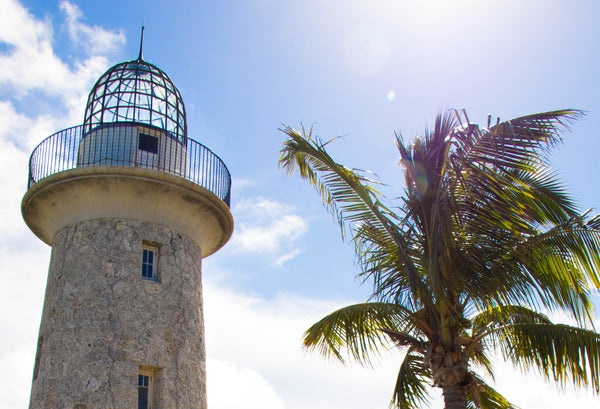
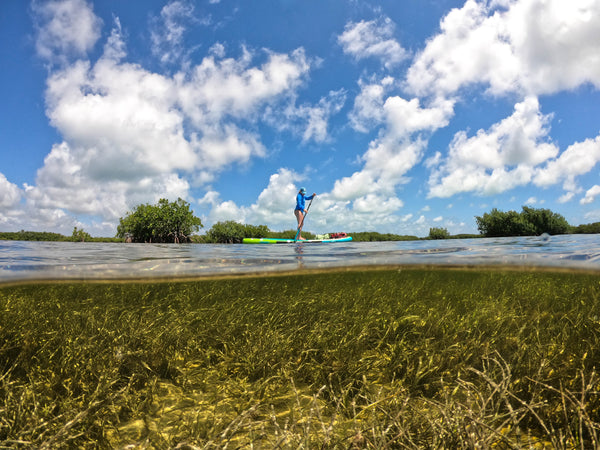 Biscayne National Park Jones Lagoon, Photograph by Blake Wheeler
Biscayne National Park Jones Lagoon, Photograph by Blake Wheeler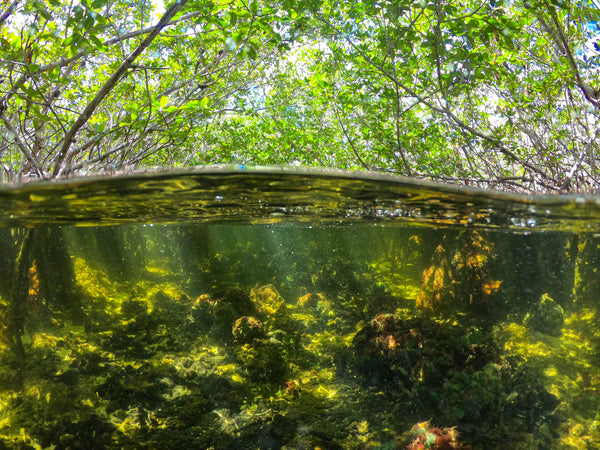 Biscayne National Park Jones Lagoon, Photograph by Blake Wheeler
Biscayne National Park Jones Lagoon, Photograph by Blake Wheeler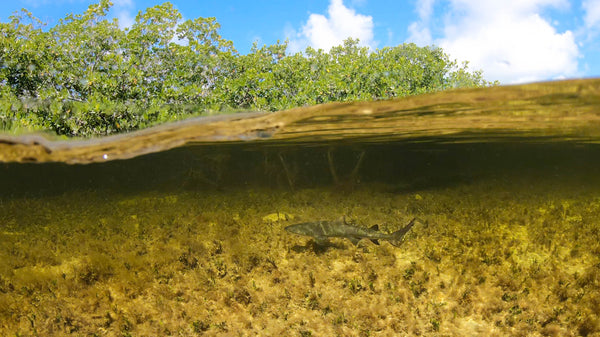 Biscayne National Park Jones Lagoon Lemon Shark, Photograph by Blake Wheeler
Biscayne National Park Jones Lagoon Lemon Shark, Photograph by Blake Wheeler Biscayne National Park Institute Snorkel Trip
Biscayne National Park Institute Snorkel Trip 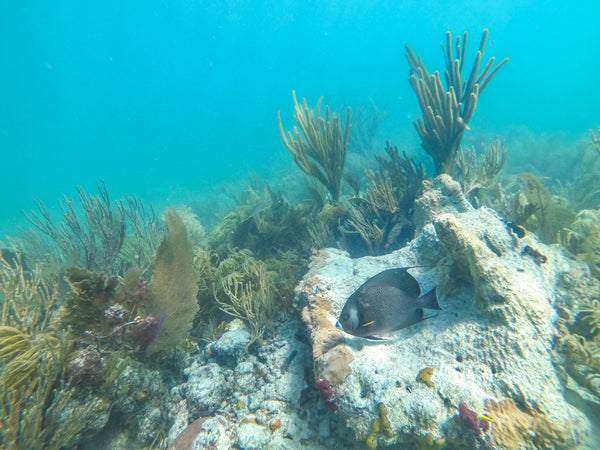 Biscayne National Park Coral Reef, Photograph by Kelly Quinn
Biscayne National Park Coral Reef, Photograph by Kelly Quinn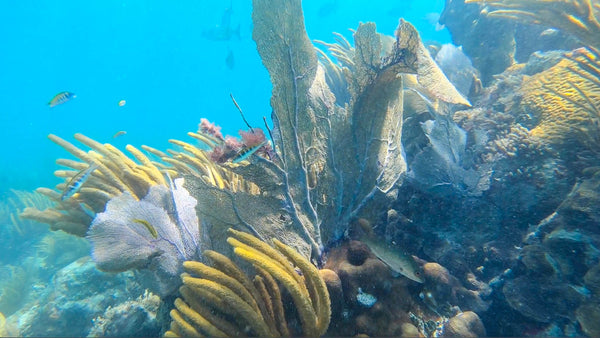 Biscayne National Park Coral Reef, Photograph by Kelly Quinn
Biscayne National Park Coral Reef, Photograph by Kelly Quinn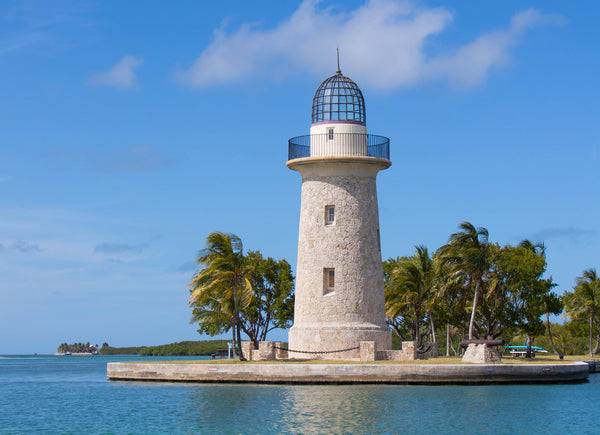 Boca Chita Lighthouse, Photograph by Kelly Quinn
Boca Chita Lighthouse, Photograph by Kelly Quinn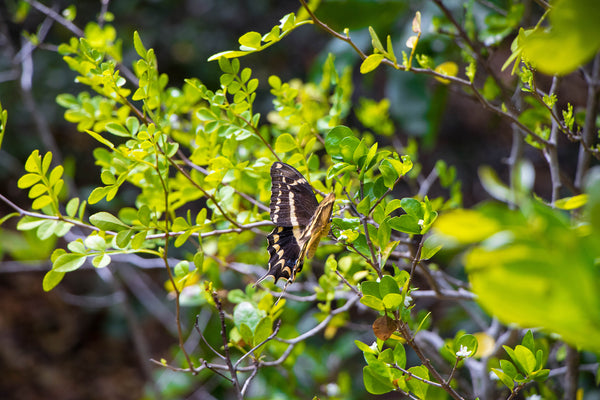 Schaus Swallowtail Butterfly, Photograph by Kelly Quinn
Schaus Swallowtail Butterfly, Photograph by Kelly Quinn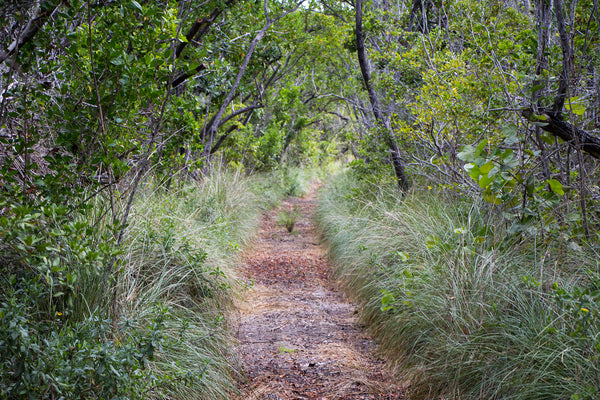 Spite Highway on Elliot Key, Photograph by Blake Wheeler
Spite Highway on Elliot Key, Photograph by Blake Wheeler